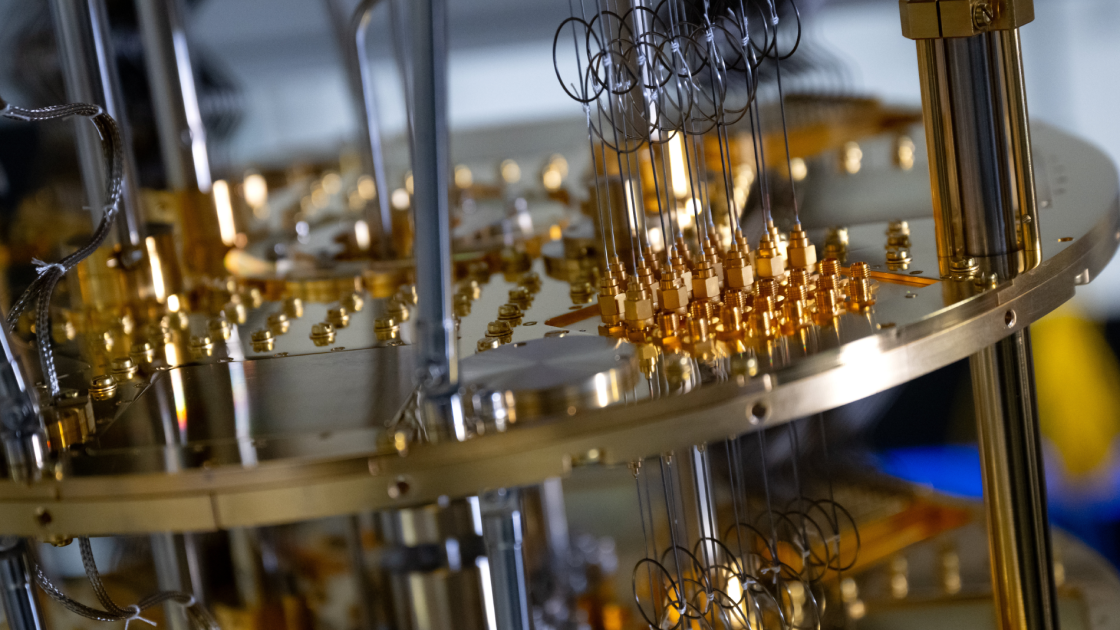Google’s quantum computing division unveiled a new chip, called Willow, that the tech giant says makes it infinitely faster and better than existing supercomputers.
The chip addresses two major problems with quantum computers as we know them today. First, Google claims that Willow can reduce quantum computing errors “exponentially.” Quantum computers, as Microsoft’s Azure Quantum explains, are more error-prone than classical computers because they exist in a fragile state.
And researchers believe that quantum computers need more qubits to be more powerful — but more qubits also mean more errors. Tackling this error problem has long been one of the biggest challenges of the quantum computing sector – one Google may be able to tackle.
“The more qubits we use in Willow, the more we reduce errors, and the more quantum the system becomes,” writes Google Quantum AI head Hartmut Neven (a qubit is a basic unit of quantum information and the building block for a quantum computer).
Willow chip. (Credit: Google.)
“We tested ever larger arrays of physical qubits, growing from a 3×3 encoded qubit grid, to a 5×5 grid, to a 7×7 grid—and each time, using our latest advances in debugging of quantum errors, we were able to halve the error rate. In other words, we achieved an exponential decrease in the error rate,” Neven continued.
Google has been working on quantum chips for the past decade. Its latest Willow chip is so fast that it can perform a calculation in less than five minutes that would take today’s leading supercomputer like the Frontier supercomputer in Tennessee 10 septillion years, or 10,000,000,000,000,000,000,000,000,000 years, which is technically longer. older than the universe itself. to the company.
“This lends credence to the notion that quantum computing occurs in many parallel universes, consistent with the idea that we live in a multiverse,” Neven said, citing David Deutsch’s prediction detailed in his 1997 book. The fabric of reality.
Recommended by our Editors
In 2019, Google previously performed a quantum calculation in 200 seconds that would have taken the fastest supercomputer at the time 10,000 years. But IBM rejected its claims, arguing that a classical computer could do the same calculation with greater “fidelity” in 2.5 days, and argued that “quantum supremacy” had not yet been achieved.
While quantum computers are probably still in their early stages, some researchers are already beginning to show how such machines may be able to disrupt our lives in the future – or potentially make them better. Chinese researchers have begun hitting the military scale with a machine, partially substantiating a theory that quantum computers could render today’s encryption methods obsolete.
But quantum computers can also help us better understand the universe and can solve difficult computational problems. As the industry develops, some quantum firms are also looking to establish manufacturing in North America to ensure US and Canadian national security.
Get our best stories!
Register for What’s new now? to get our top stories delivered to your inbox every morning.
This newsletter may contain advertisements, deals or affiliate links. Subscribing to a newsletter indicates your consent to our Terms of Use and Privacy Policy. You can unsubscribe from newsletters at any time.

About Kate Irwin
journalism


